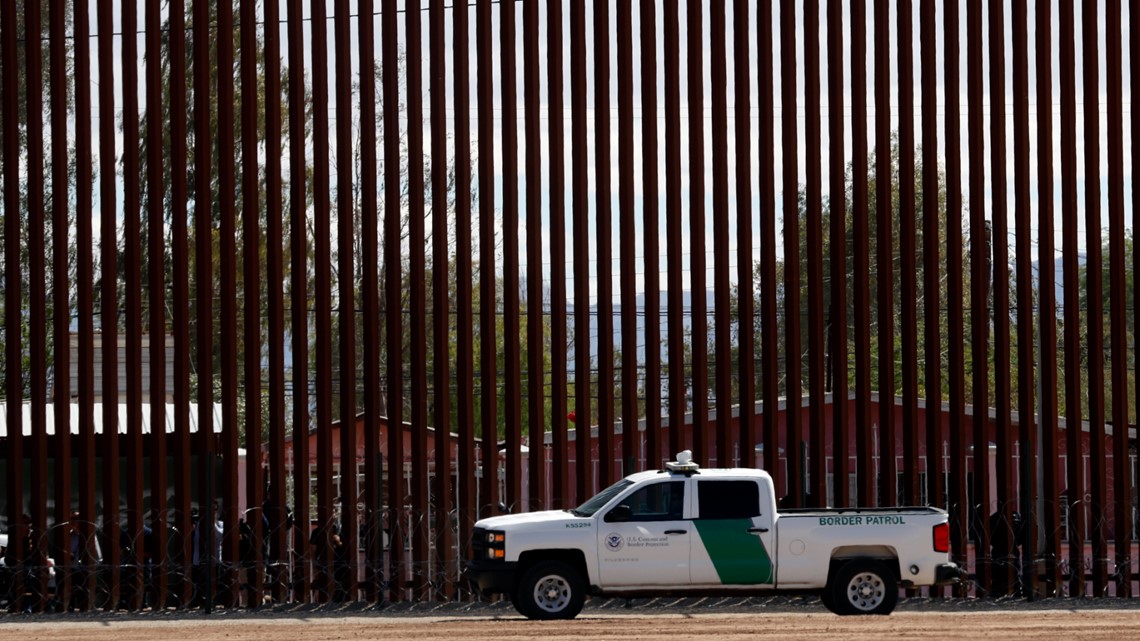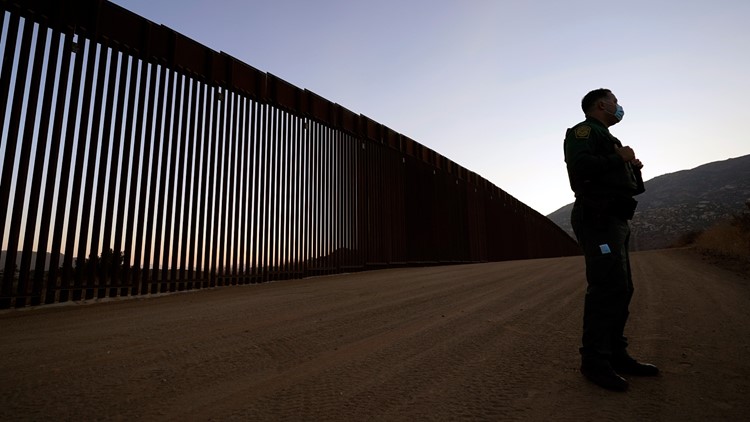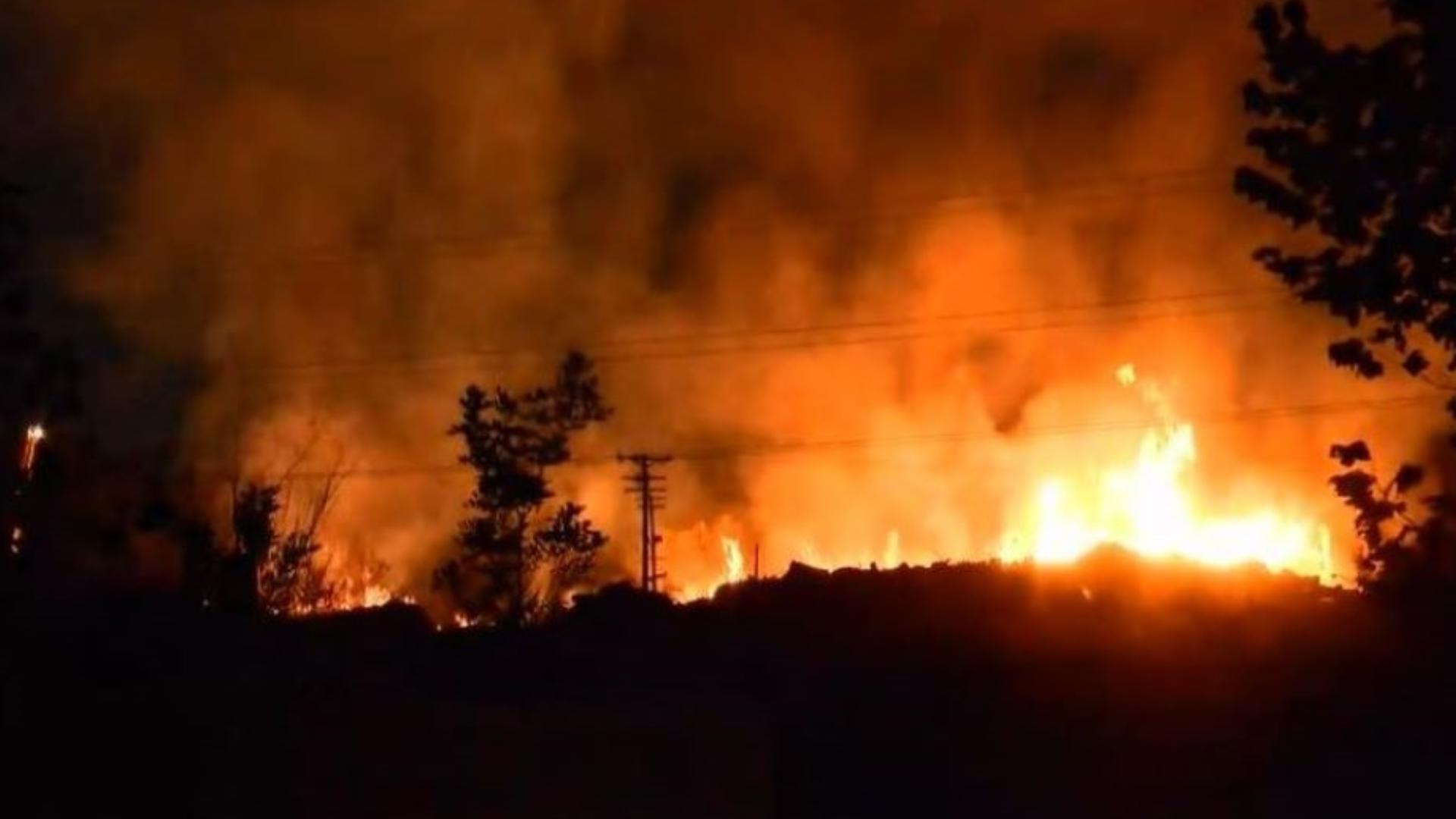WASHINGTON — The Trump administration announced last week it is making a DNA collection program of certain migrants and criminals permanent for the U.S. Customs and Border Protection’s Office of Field Operations and U.S. Border Patrol.
A pilot program was started at the beginning of the year, and the U.S. Customs and Border Protection said it will have the collection in full operation by December 31, 2020.
DNA samples are collected from individuals who are arrested, facing criminal charges or convicted, and from any non-U.S. citizen who is detained under the authority of the United States. The operation also allows the collection of samples from anyone 14 and older, too.
The U.S. Customs and Border Protection said in a press release on Dec. 3 that DNA is not being collected from migrants who are lawfully in, or being processed for lawful admission into the United States. It said it also does not collect swabs from someone already in the Federal Bureau of Investigation's DNA profile.
The agency also claims that the samples are not being used in any way except being sent to the FBI and added to its Combined DNA Index System (CODIS). The U.S. Customs and Border Protection said it does not use, store or maintain any of the DNA samples.
The profiles in the FBI's database do not contain names or other personal identifiers to protect privacy; only an agency identifier, specimen identification number and DNA lab associated with the analysis. That way, when people aren't a match, their identification isn't exposed.
When the pilot program was introduced, Trump administration officials said they hope to solve more crimes committed by immigrants through the increased collection of DNA from a group that can often slip through the cracks. The Justice official also said it would be a deterrent — the latest step aimed at discouraging migrants from trying to enter the United States between official crossings by adding hurdles to the immigration process.
Immigrant rights advocates were have been critical of the DNA collection plan since the beginning.
"That could really change the purpose of DNA collection from one of criminal investigation to population surveillance," American Civil Liberties Union attorney Vera Eidleman told the Associated Press.
The Department of Homeland Security, which includes the U.S. Customs and Border Protection, has not been able to collect DNA samples since 2010 because of "operational exigencies or resource limitations." However, in March of 2020, the Department of Justice published a final rule that will allow it.
The Associated Press contributed to this report.





